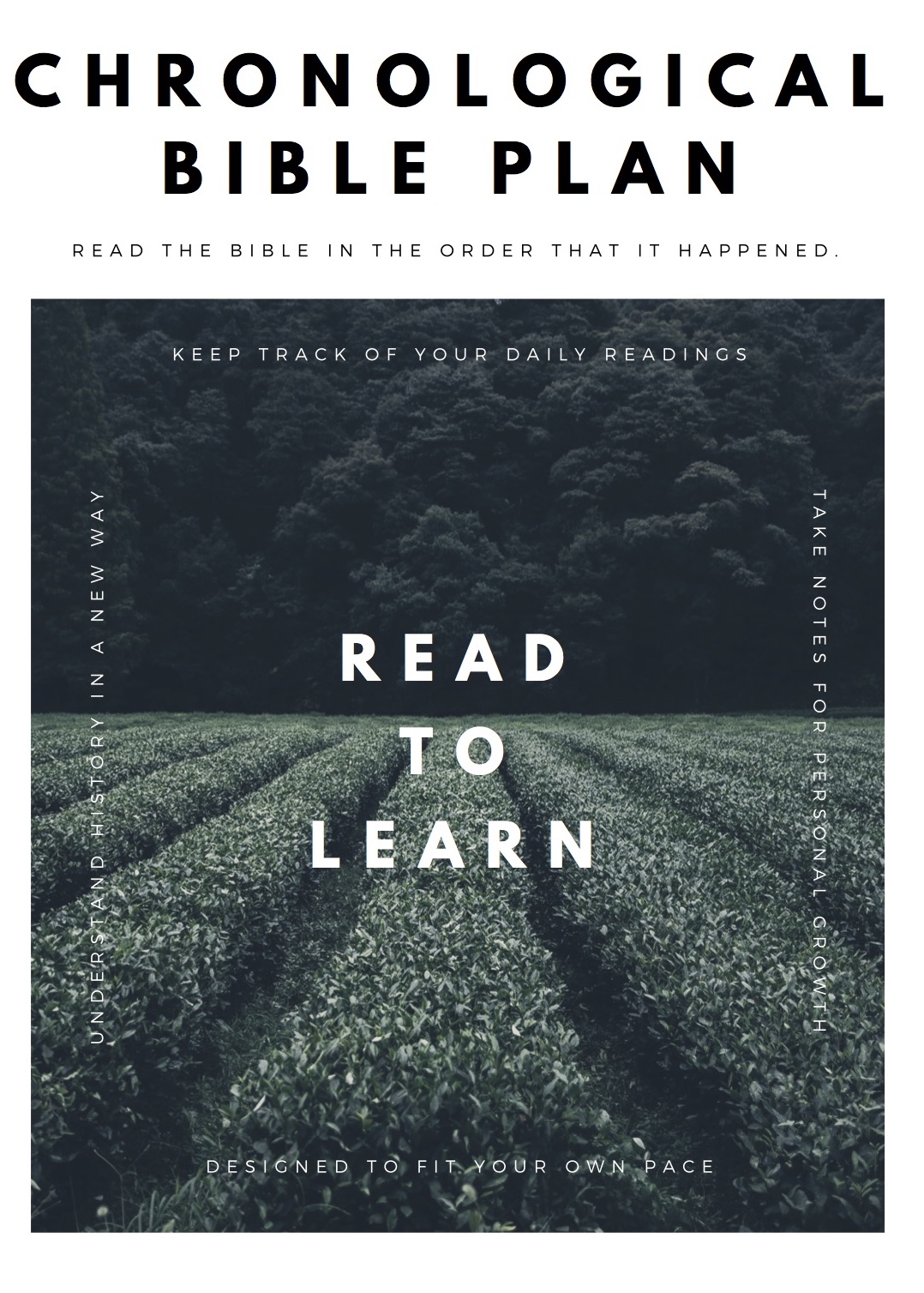
Who is God to you? You know, I’ve tried to start this blog several times with different intros. Each time I came back to the same question: who is God to you? Who is He to me? The Christian mantra is that our relationship with God is the single most important one in our life. On paper, and across the pulpit, that sounds great.
Do our actions align with this? TV-44 spent the entire month of May looking at how our #actionsmatter. As we progress into #relationships this month, we should remember that our actions affect our relationships.
Our Relationship with God
Matthew, Mark, and Luke all record this exchange between Jesus and the teachers of religious law. When asked about the greatest commandment, Jesus replied this way in Mark 12:30:
Sounds like a tall order. We tend to compartmentalize each of those, don’t we? Our hearts belong to our spouses. Sure, Jesus can have our soul. Our minds belong to our employer and our strength is reserved for ourselves.
In my studies, I found out that these words don’t necessarily have the same connotation today as they did 2,000 years ago.
Our heart
Our word cardio, which we all associate with the heart, is an extension of the original Greek word used here: kardia. While most of us understand “heart” to be a metaphor, the question arises: a metaphor for what?
Our soul? Our mind? Something else?
Based on how the Bible uses the word kardia, I believe it means the core of who we are. Picture the embodiment of everything that makes you, YOU. This is your heart.
Our soul
Mark used the word psyche, which I’m sure sounds familiar. We associate psyche with our mind: our thoughts, feelings, and emotions. But when the Bible was written, it had a larger meaning beyond our brain patterns.
Psyche means the literal breath of life that makes us a sentient being. In the beginning, God breathed life into the soulless Adam, giving an eternal component to a temporal shell.
Take a moment to reflect on how we’re progressing through this verse. First, love God with your core of who you are. Next, love Him with the very breath of life He gave you. It almost sounds like we’ve covered it all: surely mind and strength are redundant, right?
The answer is no.
Our mind
Jesus continues by saying our mind should be fully committed to our relationship with God. This is a little more straightforward: think of the mind as our deepest thoughts, our ability to reason.
Logic and reasoning can be a huge stumbling block for people like myself who over-analyze, well, everything. Door 1 or Door 2? Car A or Car B? Marvel or DC? (Marvel, obviously!)
Jesus is telling us to turn our thoughts over to God as well. Are you a worrier? Let Him handle it. Are you a micromanager? Let Him control it. Are you a thinker? Let Him do your thinking.
Our strength
So our core, our breath of life, and our reasoning: all of these are to love God.
“Our strength” stumped me. I performed a brief word study on ischys, the word used for strength. Virtually every other use of this word denoted power. So is Jesus telling us to love God with our physical power? Perhaps, but I looked at a couple of commentaries for insight.
Synthesizing them into a singular idea, I think we can conclude that Jesus is telling us we must actively work on our relationship with God. It can’t be passive but takes effort, commitment, and dedication to follow Him.
Loving Others
To be theologically accurate, Jesus gives equal importance to loving others as we love God. It isn’t enough to say we love God: He instructed us to love our neighbor too. 1 John 4:20 puts it this way:
To bring us full circle, we can say we love God, but how we treat others will highlight if we really mean those words. We can sum up the two greatest commandments this way:
Love God, and love others.
After that, everything else will just fall into place.

Download our Chronological Bible Plan
Reading God's Word daily is one of the most important things we can do to be #Fitfor2018. Don't wait until next January 1st to start reading -- download our free plan to get started today!
Get your plan here